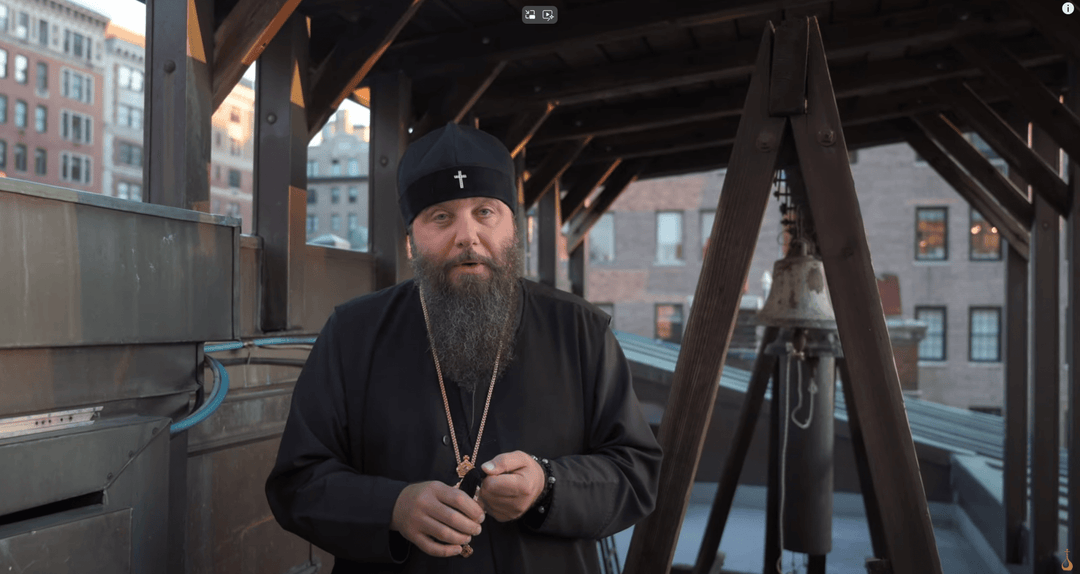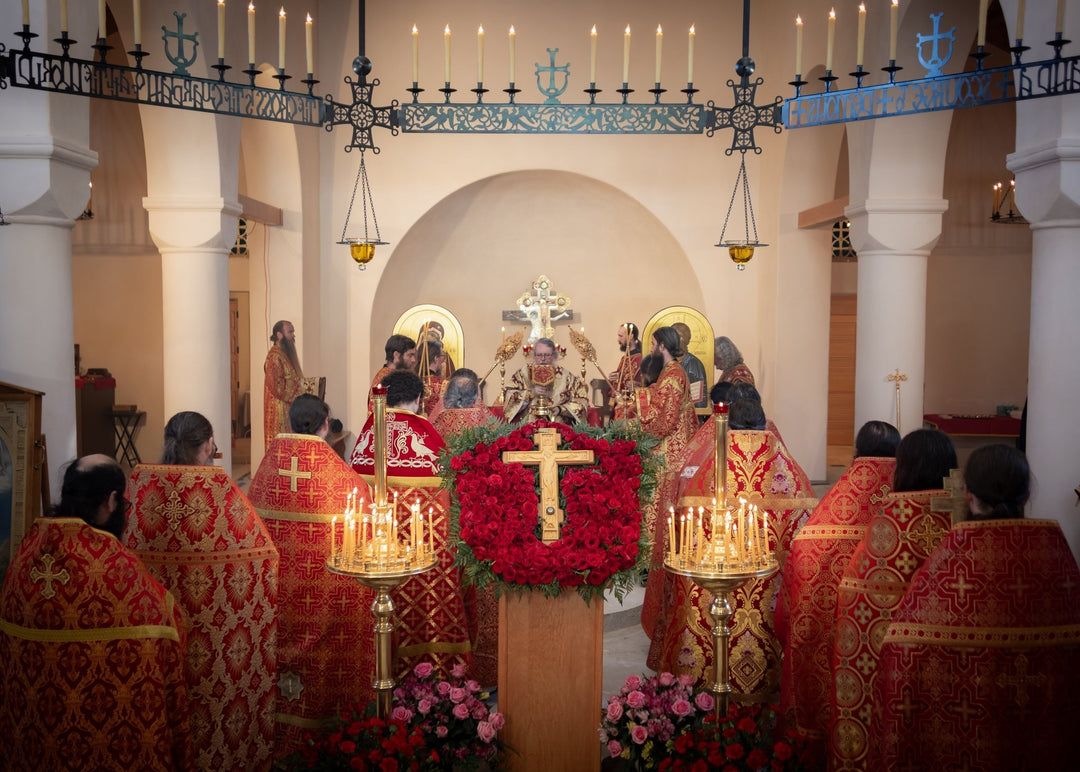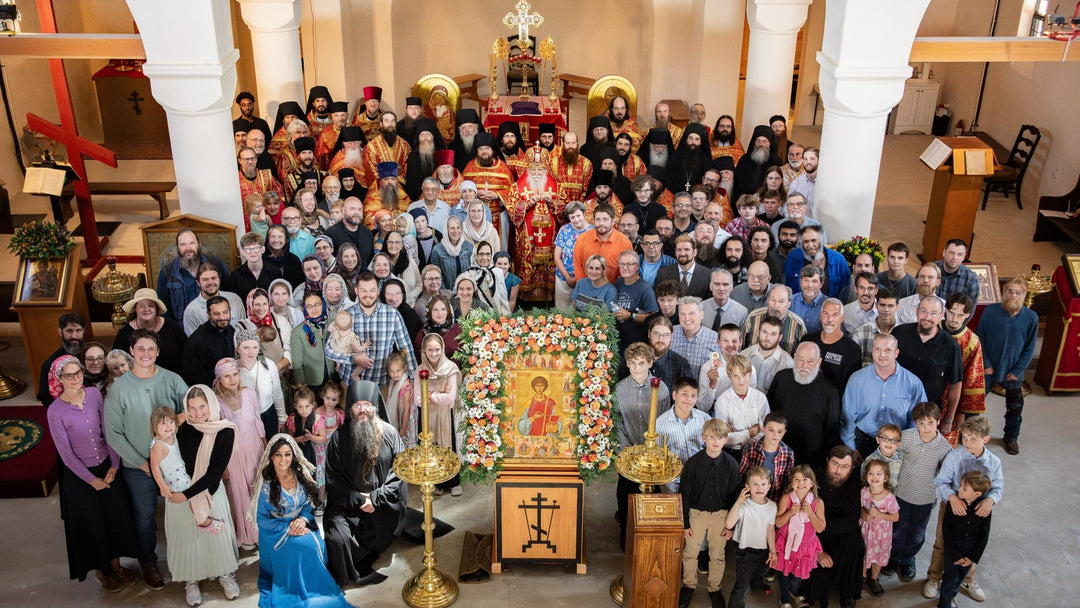Sermons & Homilies
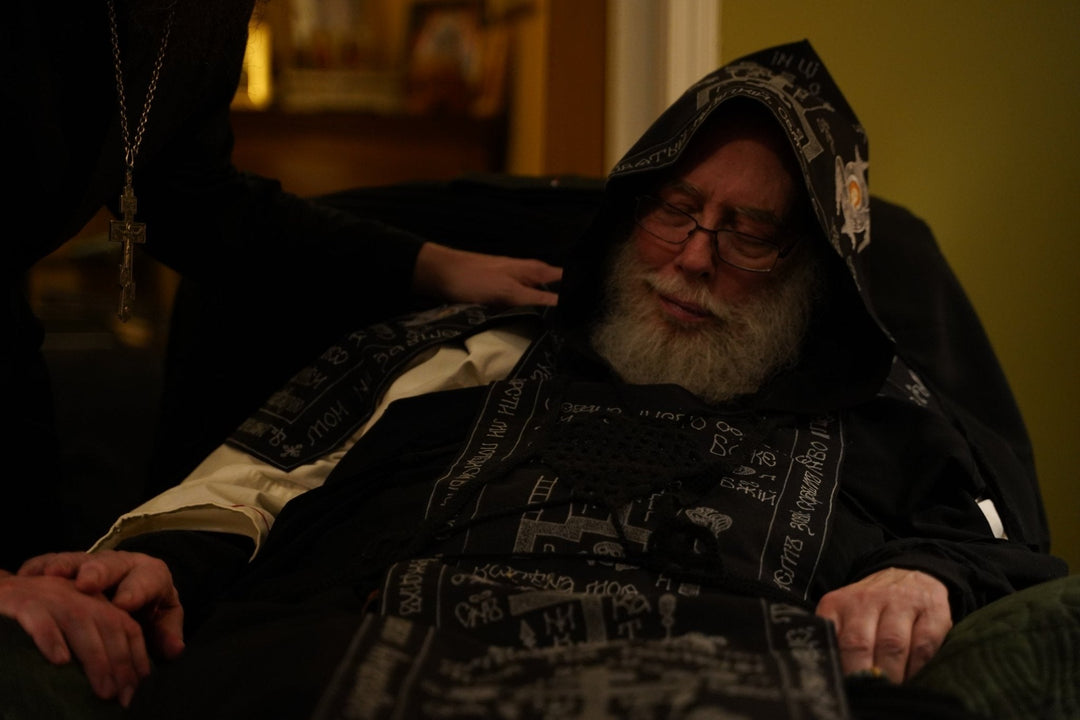
Christ is risen! It seems to me that, at least in certain ways, fathers are always mysteries to their sons. And certainly I think that this was true in the case of Fr. Panteleimon (known to most of us during...
Continue reading
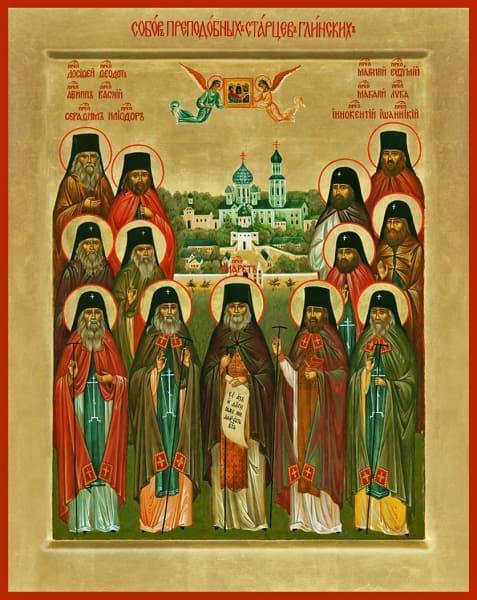
Today we celebrate a great synaxis of Holy Elders, Elders who are, with the Optina Elders, spiritual children of the great St. Paisy Velichkovsky. I want to focus on one word of one of these Elders. Of course, it comes from my patron saint, St. Makary of Glinsk. It is the only direct piece of advice you hear from him in the short life contained within the Glinsk Patericon. There are many more in the longer version of his life.
Continue reading
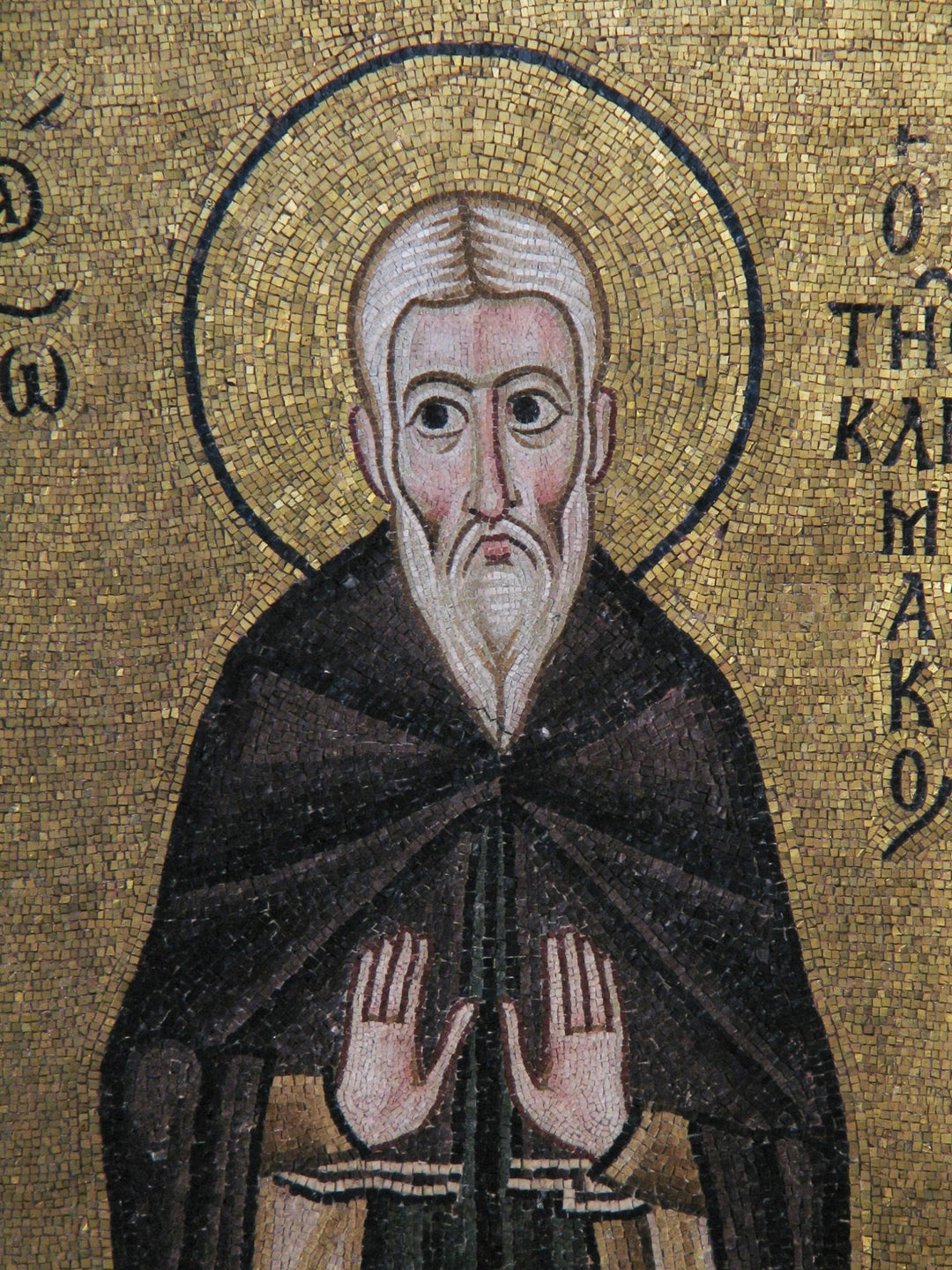
I think most, if not all of us, are familiar with St. John Climacus, and his eloquent, witty, and above all soul-saving teaching found in the Ladder, moderately balanced between stern spiritual sobriety and loving fatherly humor. This is the reason for his significance in the Church for both monks and laity, revealed by a whole Sunday during Great Lent being dedicated to him. Because of the shortness of time allotted to a Sunday sermon, I want to focus on just one aspect of his teaching.
Continue reading
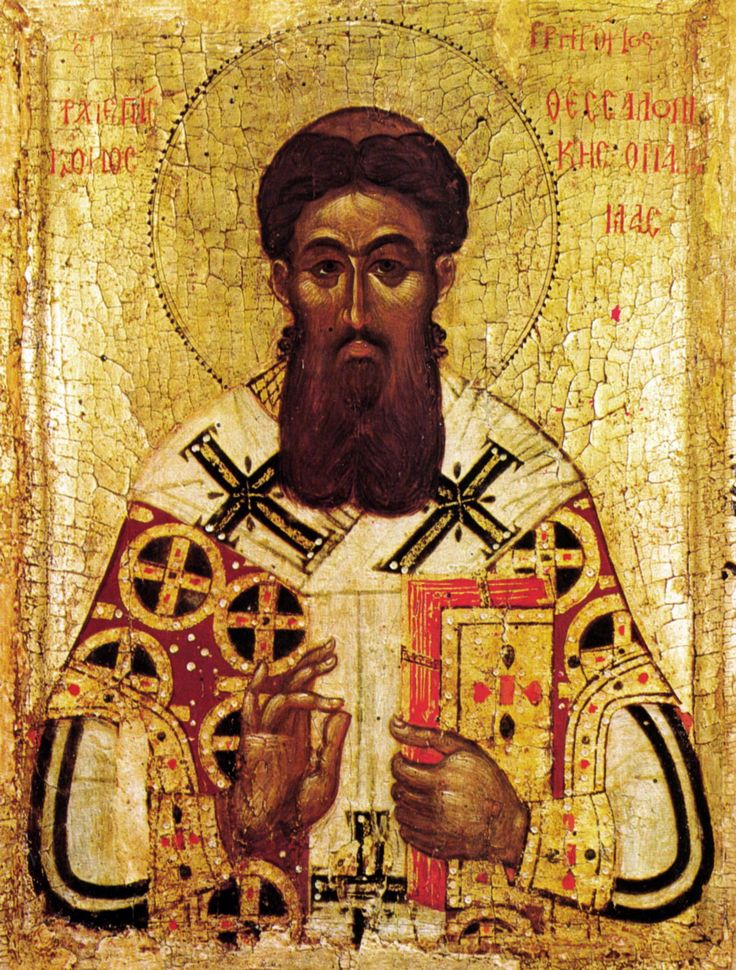
The feast of St. Gregory Palamas this Sunday is a second Triumph of Orthodoxy. It was first instituted less than 10 years after St. Gregory reposed in the Lord. This is a remarkable fact. This ought to tell us something. It says, our Fathers recognized something so important and essential in the life and teaching of St. Gregory that they did not hesitate to accord it public veneration and to praise it with sacred hymns, even while he was within living memory.
Continue reading
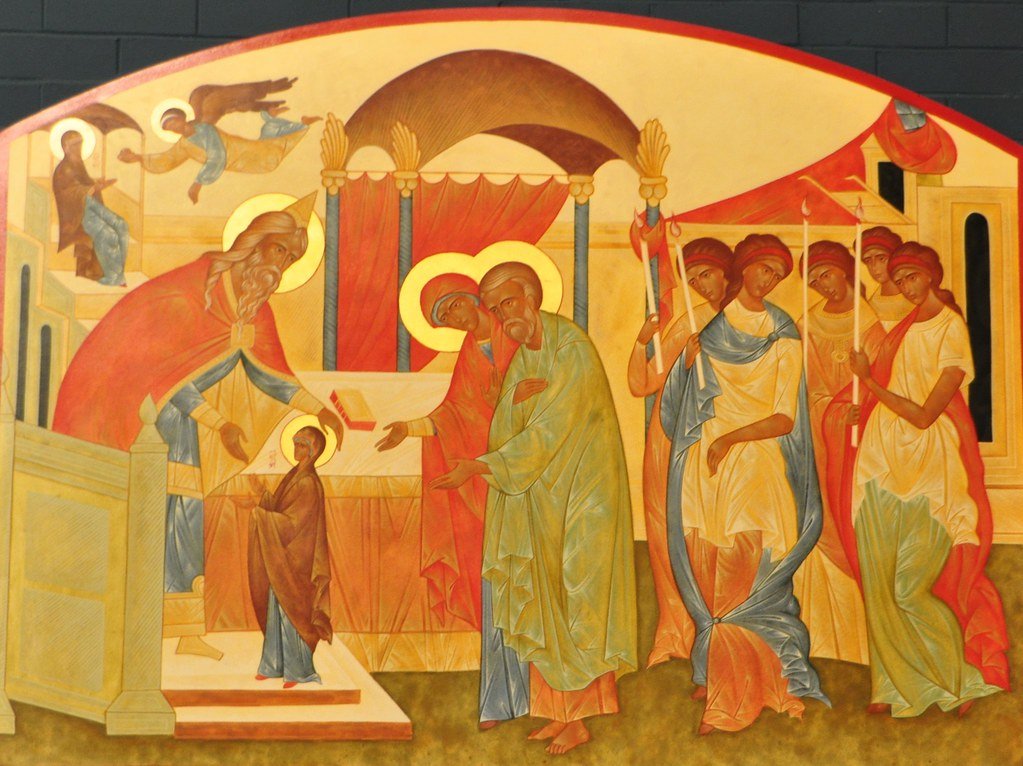
Christianity is a religion of sacrifice. And on this day, we commemorate one of the greatest sacrifices ever made in the history of our holy faith — a sacrifice which echoes the Patriarch Abraham’s incredible sacrifice of his beloved son Isaac, and which prefigures God the Father’s even more awesome sacrifice of His only-begotten son: our Lord and God and Savior Jesus Christ.
Continue reading




